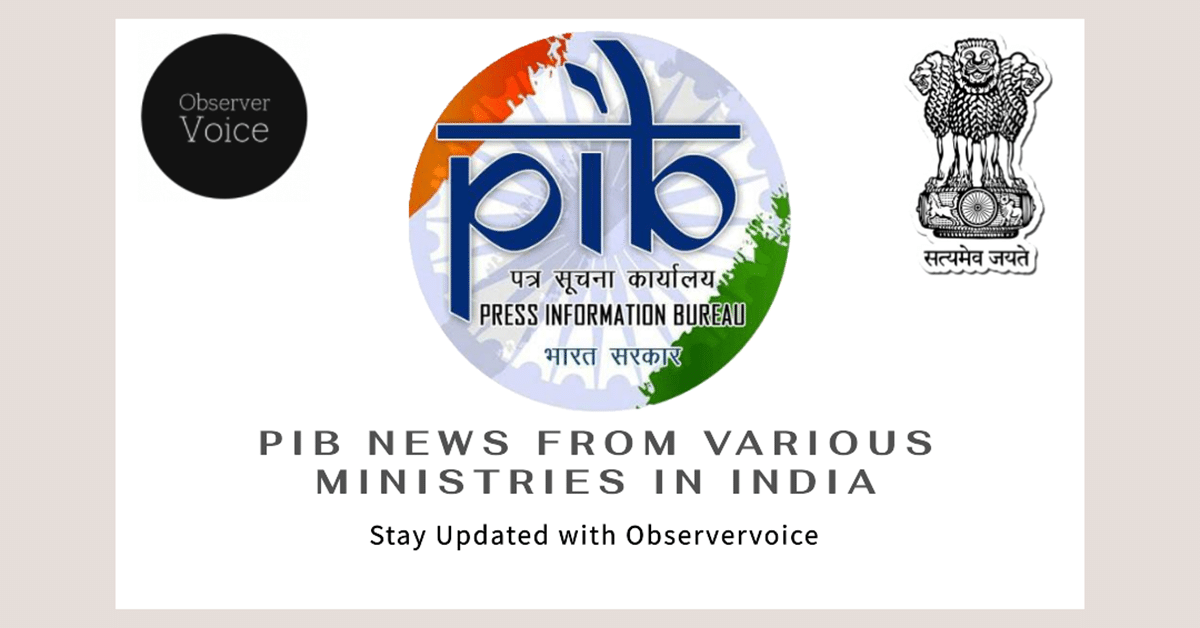Enhancing India’s Logistics Sector: Key Initiatives

The logistics sector is vital for any country’s economic growth. In India, the National Logistics Policy 2022 aims to address significant challenges in this sector. The policy focuses on integrated development, state participation, standardization, and digitalization. These initiatives aim to improve logistics efficiency across the nation. This article explores the key actions taken under this policy and their expected impact on India’s logistics landscape.
Sectoral Plans and State Policies
One of the significant steps taken under the National Logistics Policy is the notification of the Sectoral Plan for Efficient Logistics (SPEL) in the coal sector. This plan aims to streamline logistics operations specifically for coal, a critical resource in India. By focusing on this sector, the government hopes to enhance efficiency and reduce costs.
Additionally, 26 states and Union Territories (UTs) have developed their logistics policies. These policies are crucial as they align local logistics operations with national goals. The details of these state policies are available on the Department for Promotion of Industry and Internal Trade (DPIIT) website. This accessibility ensures transparency and allows stakeholders to understand the logistics framework in their respective regions.
Furthermore, an Inter-Ministerial Service Improvement Group (SIG) was established on March 14, 2023. This group includes representatives from various business associations in the logistics sector. Its primary goal is to create a robust mechanism for resolving issues and enhancing efficiency. By fostering collaboration between the government and industry stakeholders, the SIG aims to address challenges faced by the logistics sector effectively.
Digital Initiatives and Infrastructure Development
Digitalization plays a crucial role in improving logistics efficiency. The Unified Logistics Interface Platform (ULIP) was launched in 2021 to provide industry stakeholders with access to logistics-related datasets from various government systems. This platform operates on an API-based integration model, allowing users to retrieve data seamlessly. Currently, ULIP integrates with 39 systems across 11 ministries, offering access to over 1,800 data fields.
In addition to ULIP, the Logistics Data Bank (LDB) has been developed to track and trace containerized cargo in India. Utilizing Radio Frequency Identification (RFID) technology, LDB provides real-time tracking of EXIM (Export-Import) container movement. These digital initiatives are expected to significantly reduce logistics costs and improve transit times.
Moreover, the Ministry of Railways has introduced several initiatives, such as Dedicated Freight Corridors and GatiShakti Cargo Terminals. These projects aim to enhance freight transportation efficiency. The development of Multi-Modal Logistics Parks by the Ministry of Road Transport and Highways further supports this goal. Together, these initiatives are anticipated to create a more integrated and efficient logistics network across the country.
Skill Development and Sustainability Efforts
Recognizing the importance of skill development in the logistics sector, a Memorandum of Understanding (MoU) was signed with Gati Shakti Vishwavidyalaya on October 4, 2023. This agreement aims to develop a specialized logistics curriculum, with eight courses already launched. Additionally, a Centre of Excellence for City Logistics was established at the School of Planning and Architecture in Bhopal. These educational initiatives are crucial for preparing a skilled workforce to meet the demands of the evolving logistics landscape.
Sustainability is another critical focus area. The Freight Greenhouse Gas Calculator has been developed to help stakeholders calculate and compare greenhouse gas emissions across various transport modes. This tool aims to promote awareness and encourage sustainable practices within the logistics sector. Furthermore, Indian Railways has introduced “Rail Green Points” for freight customers, providing insights into potential carbon emission savings.
These efforts reflect a commitment to not only enhance logistics efficiency but also to promote environmental sustainability. By integrating skill development and sustainability into the logistics framework, India aims to create a more resilient and responsible logistics sector.
Observer Voice is the one stop site for National, International news, Sports, Editor’s Choice, Art/culture contents, Quotes and much more. We also cover historical contents. Historical contents includes World History, Indian History, and what happened today. The website also covers Entertainment across the India and World.

